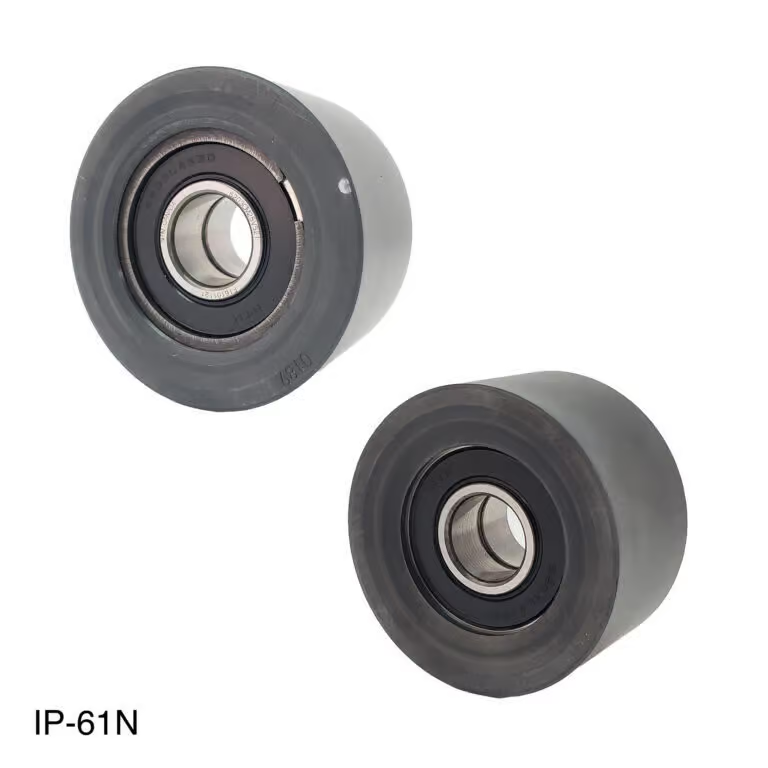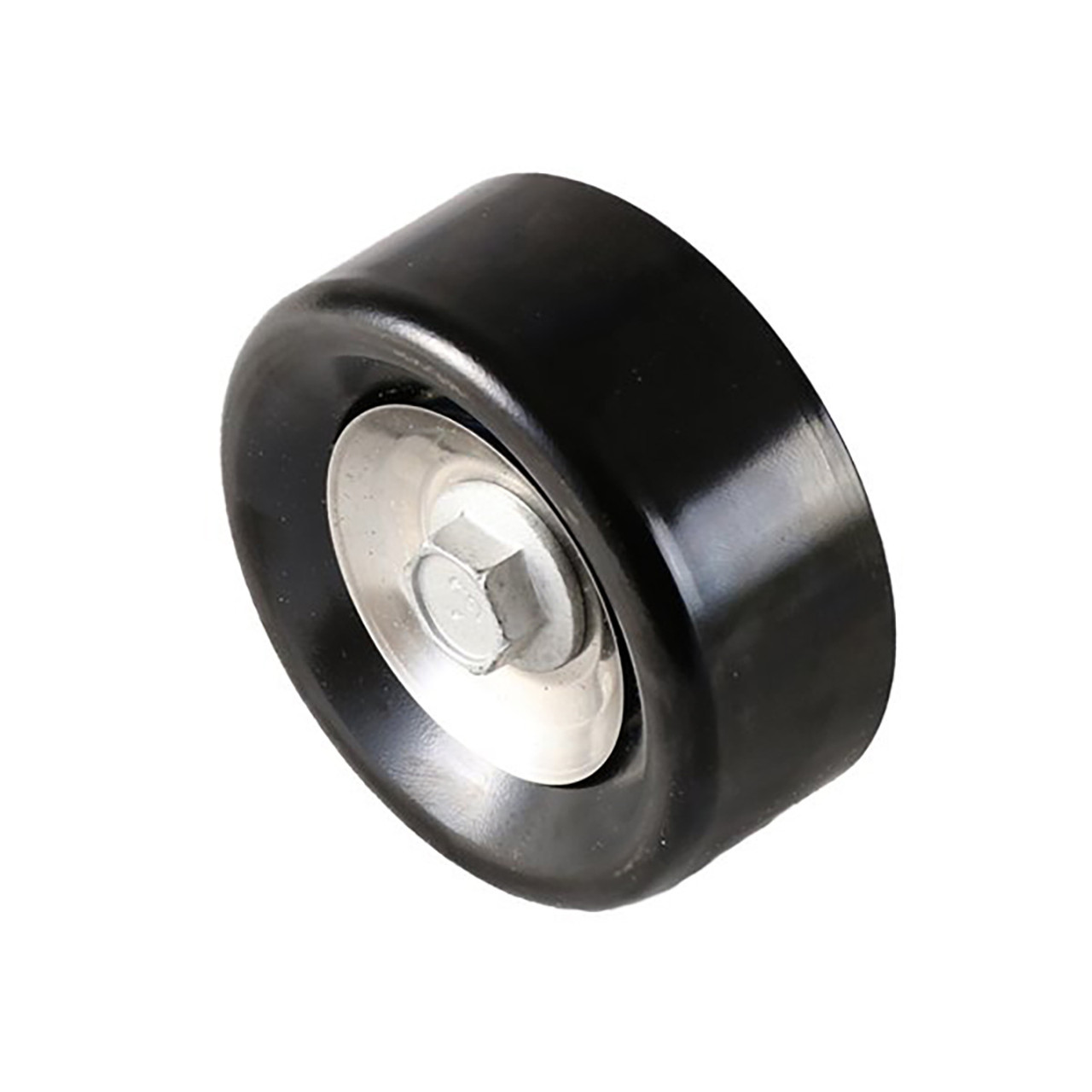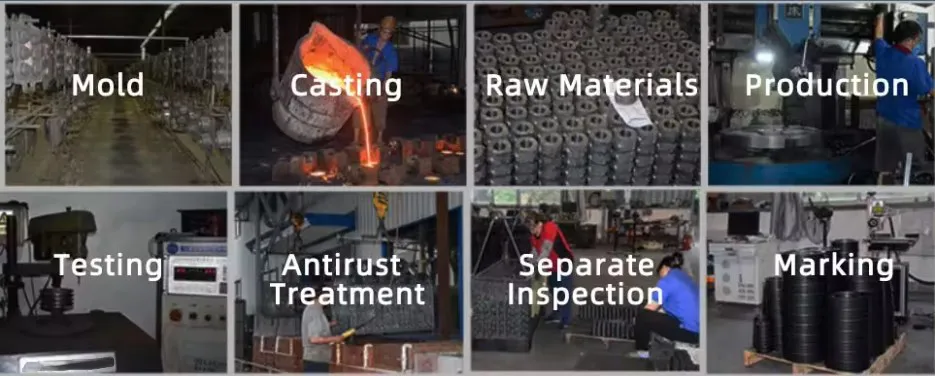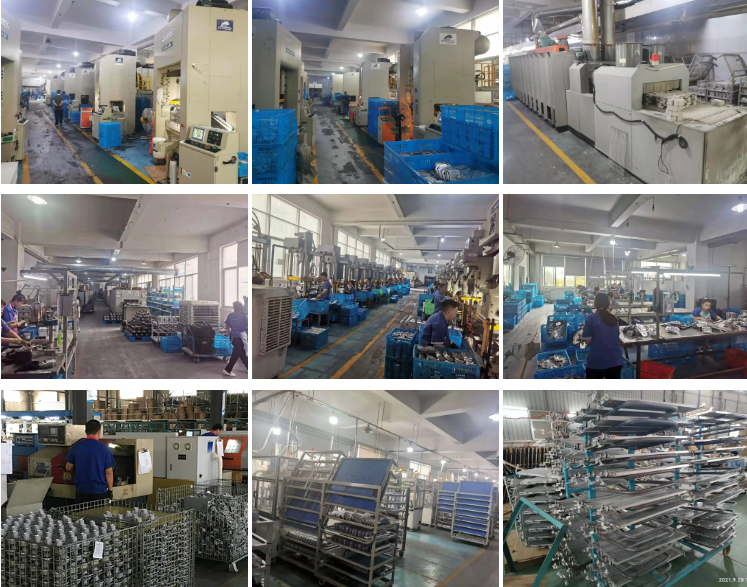What does a idler pulley do?
- Reduce wear and tear on the engine belt by providing tension
- Help the engine belt maintain proper alignment
- Prevent slippage of the engine belt
- Reduce noise and vibrations caused by the engine belt
- Assist in the smooth operation of various engine components
What happens when an idler pulley goes bad?
- Engine belt may slip or become misaligned
- Noise and vibrations may increase
- Engine components may wear out faster
- Loss of power steering or air conditioning
- Potential for engine overheating
Does idler pulley need to be replaced?
- Regular inspection to check for wear and tear
- Replacement if there are signs of damage or malfunction
- Follow manufacturer’s recommendations for replacement intervals
- Ensure proper functioning of engine components
- Prevent further damage to the engine belt and other parts
Advantages of idler pulley
- Improves engine belt performance
- Enhances overall engine efficiency
- Reduces maintenance costs
- Increases engine lifespan
- Provides smoother engine operation
Process of Compound Pulley
Mold
The first step in the process is creating a mold for the pulley.
Casting
The raw materials are melted and poured into the mold to create the pulley shape.
Raw Materials
The materials used are carefully selected for durability and performance.
Production
The pulleys are produced using advanced machinery and techniques.
Testing
Each pulley undergoes rigorous testing to ensure quality and performance.
Antirust Treatment
Special treatment is applied to prevent rust and corrosion.
Seperate Inspection
Each pulley is individually inspected for defects or imperfections.
Marking
Final marking and labeling is done before packaging and shipping.
What is the function of the tensioner and idler pulley
- Provide tension to the engine belt
- Maintain proper alignment of the engine belt
- Reduce wear and tear on the engine components
- Ensure smooth operation of the engine
- Prevent engine belt slippage
- Minimize noise and vibrations
- Contribute to overall engine performance
How to stop a idler pulley from squeaking
- Regularly lubricate the pulley
- Check for proper alignment
- Inspect for signs of wear and tear
- Replace if necessary
- Ensure proper tension on the engine belt
About HZPT
HZPT was established in 2006 and is a leading manufacturer of precision transmission components based in Hangzhou. We specialize in producing various types of pulleys and can customize products according to your needs. Before establishing an overseas sales team, we started production of 3D printer parts, anti-theft screws and nuts, camera mounts, and more. We offer assembly production services to save time and costs. Our focus is on providing high-quality products and excellent service to customers in Europe and America at competitive prices.



